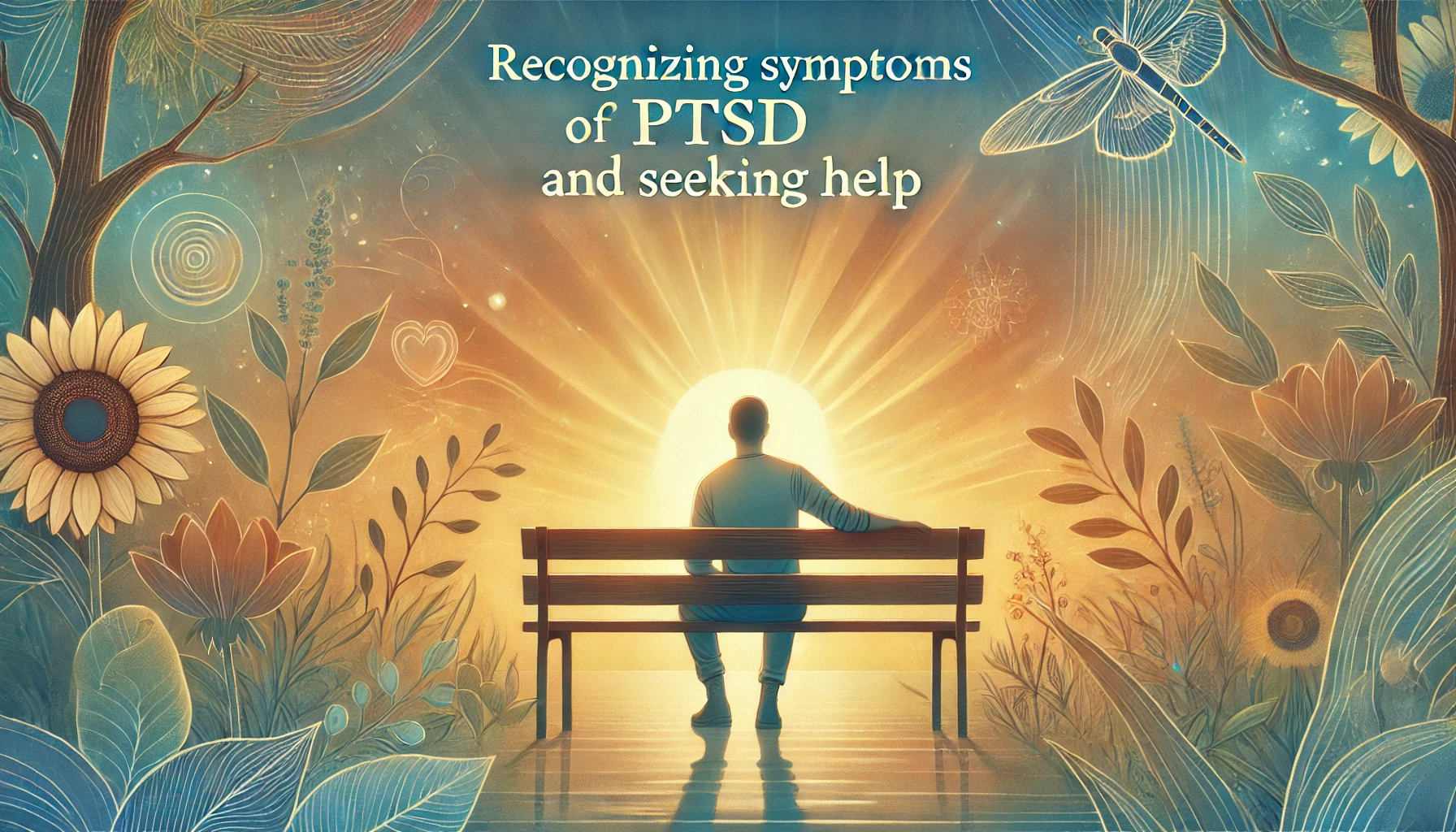What Geriatrics Can Teach Us About Aging Well and Healthy Living

Aging is a natural part of life. And although it brings unique challenges, it also offers lessons for living with purpose and vitality. Geriatrics, the branch of medicine dedicated to the care of older adults, provides valuable insights into how we can age well and maintain healthy, fulfilling lives. By focusing on these lessons, seniors and caregivers take steps to improve their daily lives and plan for the future.
Prioritizing Preventive Care
geriatrics emphasizes the importance of preventive care to support long-term health. Maintaining regular check-ups and monitoring potential risk factors help seniors stay proactive about their well-being. Geriatric specialists recommend reporting even minor health concerns promptly. These efforts, combined with the valuable insights of healthcare professionals, empower older adults to live healthier lives.
Regular health screenings, such as blood pressure or vision checks, allow healthcare providers to identify issues early. Early detection often leads to more effective management of age-related concerns and helps have a good quality of life. Keeping up with vaccinations, like flu and pneumonia shots, helps minimize the risk of avoidable illnesses and promotes overall wellness.
Maintaining Physical Activity and Nutrition
One of the most effective ways to support healthy aging is by staying active and maintaining proper nutrition. Geriatrics advocates for tailored physical activity and dietary choices that meet the unique needs of older adults. Geriatricians often highlight the importance of diets rich in fruits, vegetables, lean proteins, and whole grains. Adequate hydration, smaller portion sizes, and mindful eating contribute to sustained energy and overall well-being.
A focus on balance and strength exercises can reduce fall risks and improve mobility. Activities such as tai chi or light strength training, for instance, help seniors build muscle while supporting joint function. Walking or swimming provides gentle cardiovascular benefits without undue strain on the body.
The Role of Social Connection
Healthy aging isn’t just about physical health—it’s about emotional and mental well-being too. Geriatrics underscores the importance of building and maintaining meaningful social connections. Studies show that seniors who stay socially engaged experience lower rates of depression and healthier cognitive function.
Joining community groups or attending local events, can encourage older adults to form new friendships. Similarly, technology allows seniors to communicate with distant family members through messaging or video calls. It provides an easy way to share stories and celebrate milestones, even when loved ones are far away.
Simplifying Daily Living
Modern insights from geriatrics highlight the importance of simplifying daily life to promote independence and safety as we age. Often, small adjustments to routines and home environments make a significant difference. Removing complex barriers fosters confidence and encourages seniors to manage their daily routines independently. Caregivers also benefit from the peace of mind that simple changes can provide.
Here are a few key strategies to create an age-friendly lifestyle:
- Install grab bars or non-slip mats in bathrooms to prevent slips and falls.
- Use tools like pill organizers or smartphone reminders to keep track of medications.
- Arrange frequently used items in easy reach to minimize unnecessary strain.
Aging Is a Lifelong Process With Geriatrics
Geriatrics reminds us that aging well is about adapting health practices, cultivating connections, and creating environments that support independence. By focusing on these strategies, seniors and caregivers can pave the way for fulfilling lives, whatever their age. Learning from the lessons in geriatrics empowers individuals to take control of their well-being. If you’re inspired to take the next step, reach out to local resources or professionals for additional guidance.



